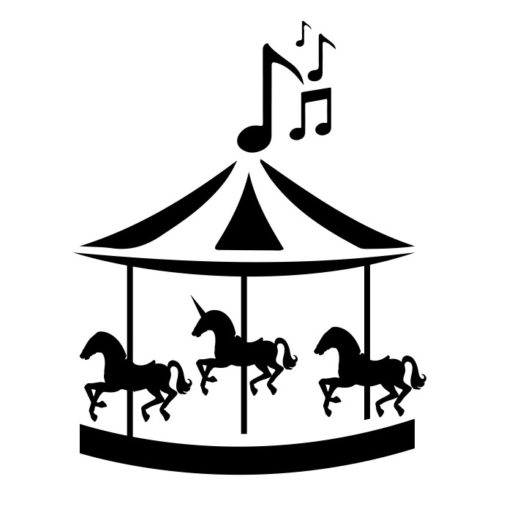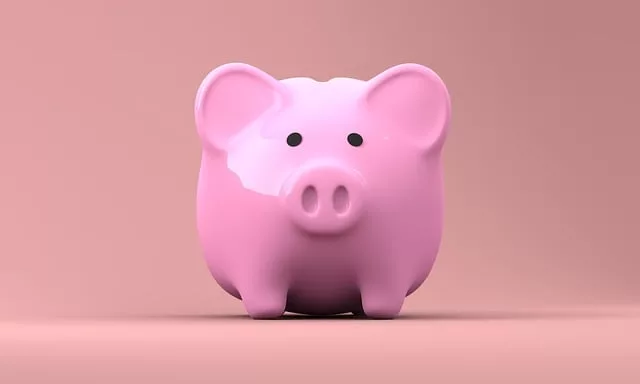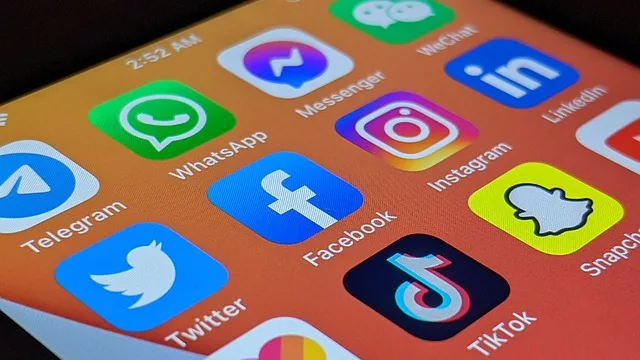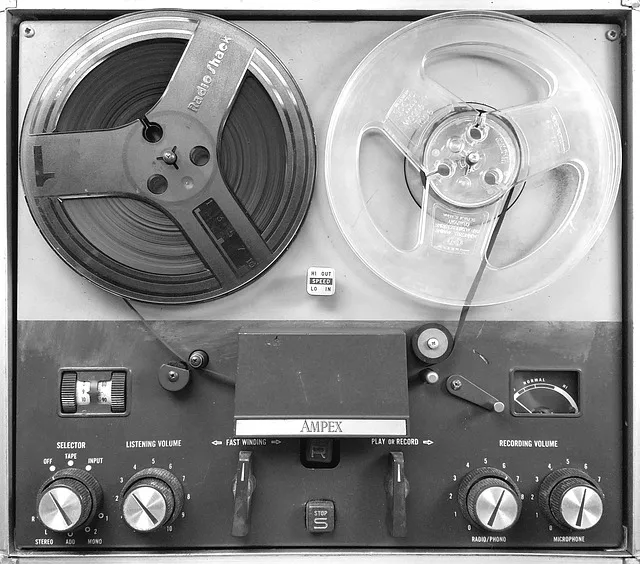DISCLAIMER: Parlor City Sound earns a commission (at no cost to you) if you click a link to Amazon and buy something while visiting this page. This is only applicable to Amazon links—we don't earn a sales commission from anyone else. Read our advertising disclosure & FAQ to learn more about our strict policies on affiliate marketing.
Being in a band is rewarding in a lot of ways. With the right group of people, you can have loads of fun while growing your skills and crafting songs you can all be proud of. Then again, being a musician isn’t exactly a cheap hobby, and most of us aren’t allergic to money either. So then, do bands make money? And if so, how much do bands make?
This is a rather difficult question to answer because there are so many variables at play here. Do bands make money through the merit of simply existing? No, absolutely not. Do bands make money if they’re consistently marketing themselves and writing music that audiences enjoy? Yes they do. Or maybe we should instead say yes they can.
What does a band need to make money?
It should be noted of course that this music industry of ours is a total crapshoot more often than not. You’ll find instances of bands signed to mainstream labels with hit songs earning less money in a year than a regionally-popular unsigned band earns in a week. Yes, that’s ludicrous and yes, it’s true. More on that in a bit.
So how can you tell if a band has the potential to be profitable? What does a band need to make money? Well, here’s the shortlist:
- Appealing and marketable songs. Music that’s approachable and enjoyable by mainstream audiences will unsurprisingly earn more than avant-garde shoegaze stuff 100 percent of the time
- A work ethic. We’re getting danger-close to sounding like a boomer meme about how “nobody wants to work anymore”, but when it comes to music, hard work does pay dividends. The most financially successful bands put a lot of work into it. Not just songwriting and rehearsing, but also marketing, public relations, merchandising, recordkeeping, and more. Speaking of which …
- A professional mindset. This means managing the band like a business, not a hobby. That’s not to say you can’t enjoy what you’re doing, of course. If you’re not enjoying your music, there’s no reason audiences should. But treating music like a job you love will go a long way toward improving your odds of success
- Good equipment. We don’t mean you need a $3,000 Les Paul or a top-tier custom DW kit, but having functional, well-maintained instruments and amps will definitely help. It’s not a bad idea to invest in a PA system, either
Money doesn’t grow on trees, but it does swim down revenue streams
Okay, that last header was pretty corny … we get it. But we definitely need to discuss the various revenue streams bands can capitalize on to make money.
The math is pretty simple here. The more potential revenue streams your band is capitalizing on, the more money your band will usually make. Though again, we need to point out that the answer to the question “do bands make money” is never cut and dry. You’re not guaranteed steady income by utilizing as many revenue streams as possible, so much as it improves your band’s odds of seeing an income.
Having said that, let’s look at these revenue streams and what they involve.
Do bands make money performing live?

This is a weird question to answer because the answer itself is … well … weird. Yes, bands make money by performing live. But that’s not going to happen until the band is headlining larger venues, and only if you’re negotiating a good flat rate or, more likely, a decent cut of the gate.
Some of you are asking “a cut of the gate? What gate? I don’t want a chopped-up gate!” So let’s explain that real quick. “The gate” is a widely-used industry term referring to ticket sales, cover charges at the door, or both. The bigger your cut of the gate is and the larger the crowd is, the more money your band is heading home with.
Early on in your band’s music career, you shouldn’t expect to make much money performing live gigs. You might not make anything at all, especially from your earliest shows. Smaller venues will often pay anywhere from $50 to $500 per gig, either as a flat rate or as a cut of their small gate. Larger venues of course bring in more dough, but those gigs aren’t usually available to a band until they’ve built a name for themselves and can draw in a crowd on their own.
It’s worth noting that bands with experienced managers almost always make more money than bands attempting to manage themselves. A good manager can secure you more gigs at better venues and can negotiate better pay. But managers usually take a 15 to 20 percent cut of the band’s earnings, so make sure the manager knows what they’re doing, and be prepared to fire them if they aren’t pulling their weight.
What about merch? Do bands make money from merchandise sales?
If your band has a fan following, selling band merchandise (“merch”) can be a lucrative revenue stream, so long as you’re doing it sensibly. T-shirts, hoodies, posters, stickers, pins, buttons, coffee mugs … you can get your band’s logo printed on just about anything these days. Selling these goods can bring in some decent cash, and getting your band’s name and logo out there has nothing but upsides, too.
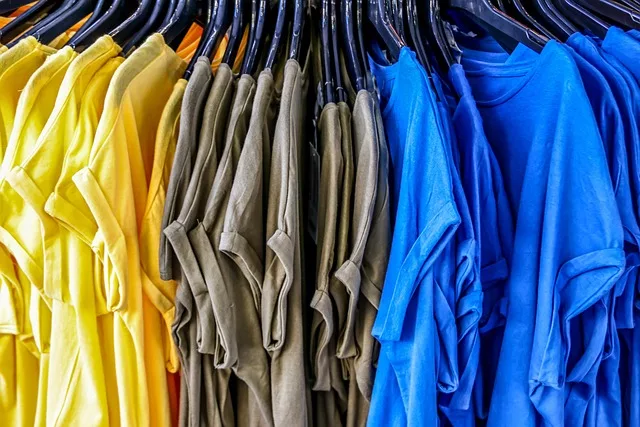
Simply put, you’ll want to sell band merch at reasonable prices your fans can afford, which means getting it printed as cheaply as possible. But you don’t want crummy products that rip, fall apart, or break easily, so maybe don’t go too cheap, either.
Having said that, the math is pretty straightforward. If you’re spending $12 to print a t-shirt and selling that t-shirt for $20, you’re bringing home $8 in profit per shirt. And those per-unit production costs typically decrease when you’re ordering in bulk. You might spend $12 per t-shirt when ordering 50, or just $8 per t-shirt when you’re printing 200.
You may want to consider using a print-on-demand service to sell merch on your band’s website, too. Services like Printful, Gelato, and Spreadshirt let you design products and sell them through online portals. When a fan buys a shirt, the company prints it and ships it out for you. Your profit margin will be significantly reduced, but the income is still decent and with no upfront investment and very little effort on your part.
Selling CD’s, vinyl records and, yes, cassette tapes
You’ve heard it once and you’ll hear it a million times more: album sales aren’t what they used to be. But you can still sell CDs, vinyl records, and even cassette tapes at your merch table, and yes, people will still buy them. And if you’ll forgive the shameless self-promotion here, Parlor City Sound has lots of free guides to help you record your band DIY-style … just sayin’!
The rules of selling albums at your merch table are the same as selling any other form of band merch. Buy in bulk for as cheap as quality permits and sell it at a reasonable markup and a price your fans can afford.
Companies like Disc Makers and Bison Disc will make 200 copies of your CD for around $450 to $750. That’s $3.75 per disc at the top end of that scale. If you’re selling them at $10 a pop, that’s a profit of $6.25 each.
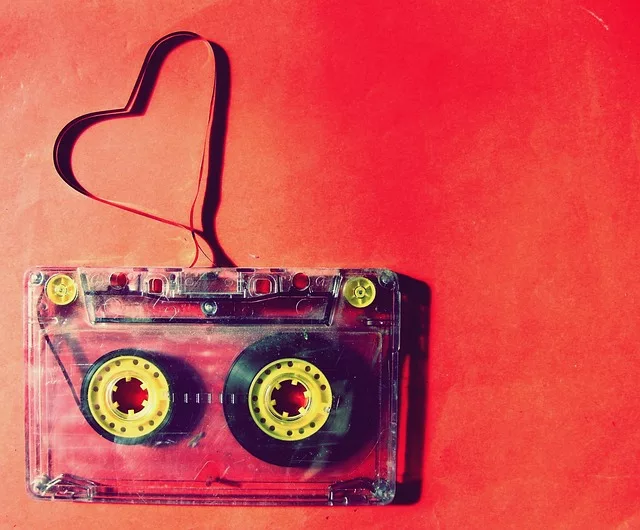
Cassette tapes—they’re rather bizarrely making a comeback, just like vinyl—will cost roughly the same as making CDs … around $500 to $750 per 200 copies. Companies like Mobineko, Solid Merch, and Duplication.ca will help you price those out.
Vinyl is a whole other story. Pressing vinyl records gets really expensive really fast. Prices will end up all over the place, but sticking with our 200-copy math, you’re looking at anywhere from $1,500 to $5,000. Getting things like fancy colorful discs and glossy inserts will ramp up your costs considerably. So while your records might sell at $30 to $50 each, your profit margins might be significantly lower than with CDs and cassette tapes. Companies like Little Elephant, Pressing Vinyl, and Diggers Factory can help you price out vinyl record production more accurately.
Do bands make money from streaming revenue?
Physical copies of your music might sell decently at your band’s merch table, but streaming services like Spotify are where it’s really at. Your fans can’t drive to work listening to your fancy tri-color vinyl pressing, after all.
Getting your music onto streaming services is pretty simple these days, thanks to a nearly endless list of streaming distribution services like DistroKid, Ditto, Amuse, and countless others. You pay a monthly or yearly fee, and the distribution service puts your music up on multiple streaming services including Spotify, Pandora, Apple Music, Amazon Music, and more.
Like with just about every other facet of your band making money, streaming revenue will rely heavily on your band’s overall popularity. You need a lot of streams to bank serious royalties from streaming.
Back in 2021, Business Insider published a report that says musicians on Spotify are earning around $0.003 to $0.005—fractions of a cent—per stream. So if your band pulls in 50,000 streams, that’s only $150 to $250. If you’re getting a million streams, that’s $3,000 to $5,000, split between your bandmates. Yikes.
So do bands make money from streaming revenue? Not really, unless your band is super popular and can regularly get hundreds of thousands or millions of streams per song. But you do get some added exposure and organic marketing out of it, which can be well worth the monthly or yearly costs associated with distribution. So yes, stream your music and no, don’t expect to get rich from it.
What about record deals? Do bands make money when they’re signed to a label?
A lot of bands dream of signing a big record deal and getting whisked away to fame and fortune. But the reality is, record deals can be pretty hit or miss. And more often than not, that falls into the “miss” category for a lot of acts.
Record labels pay royalties—percentages of revenue from record sales—but there’s a lot of fine print that many bands don’t realize until it’s too late.
For starters, the label expects to recoup its investments in your album. This means you typically won’t see any royalties until the label has earned back the recording, marketing, and distribution costs, meaning you need to sell enough records to cover those expenses and still sell more to see any real profit.
Many labels also give their acts advances on royalties. This provides you with an influx of money out of the gate, but it’s not a gift so much as it’s a loan. You’ll need to pay back those advances before you see any royalties. It’s generally a good idea to invest that money back into the band itself, buying sellable band merch, funding a tour, improving your gear, or some combination thereof.
Making money is never easy, but yes, your band can do it
Making money as a band is never easy. Countless acts have come and gone having barely scrounged together enough moolah to pay for the gas they’ve used to get to and from gigs. I’ve been in a few of those bands myself. Maybe you have, too.
We already discussed the things that separate successful bands from unsuccessful ones, and it’s a fairly basic formula. Make good music people can enjoy, take the business side seriously, and put the work in. There are zero guarantees you’ll make enough money to quit your day job, but doing all of that shifts your band out of daydreaming mode and onto more stable terrain.
We’d love to hear your success stories or amend this article with any hints or tips you feel like tossing our way. Please drop us a line if you feel like contributing to this story. And if you’re a member of an unsigned or indie act in the Upstate New York or NEPA regions, we’d love to write about you, plug your upcoming releases, or just interview you for funsies!
